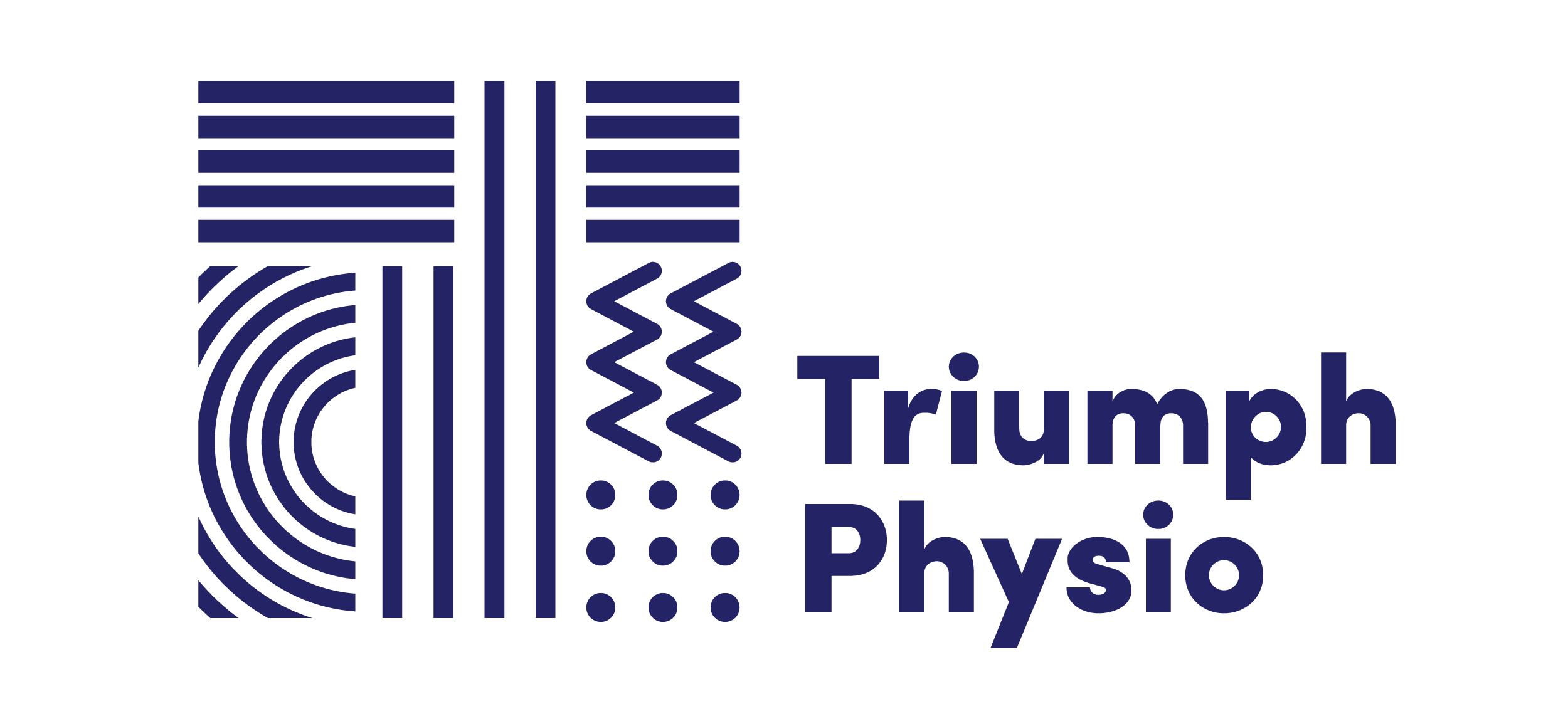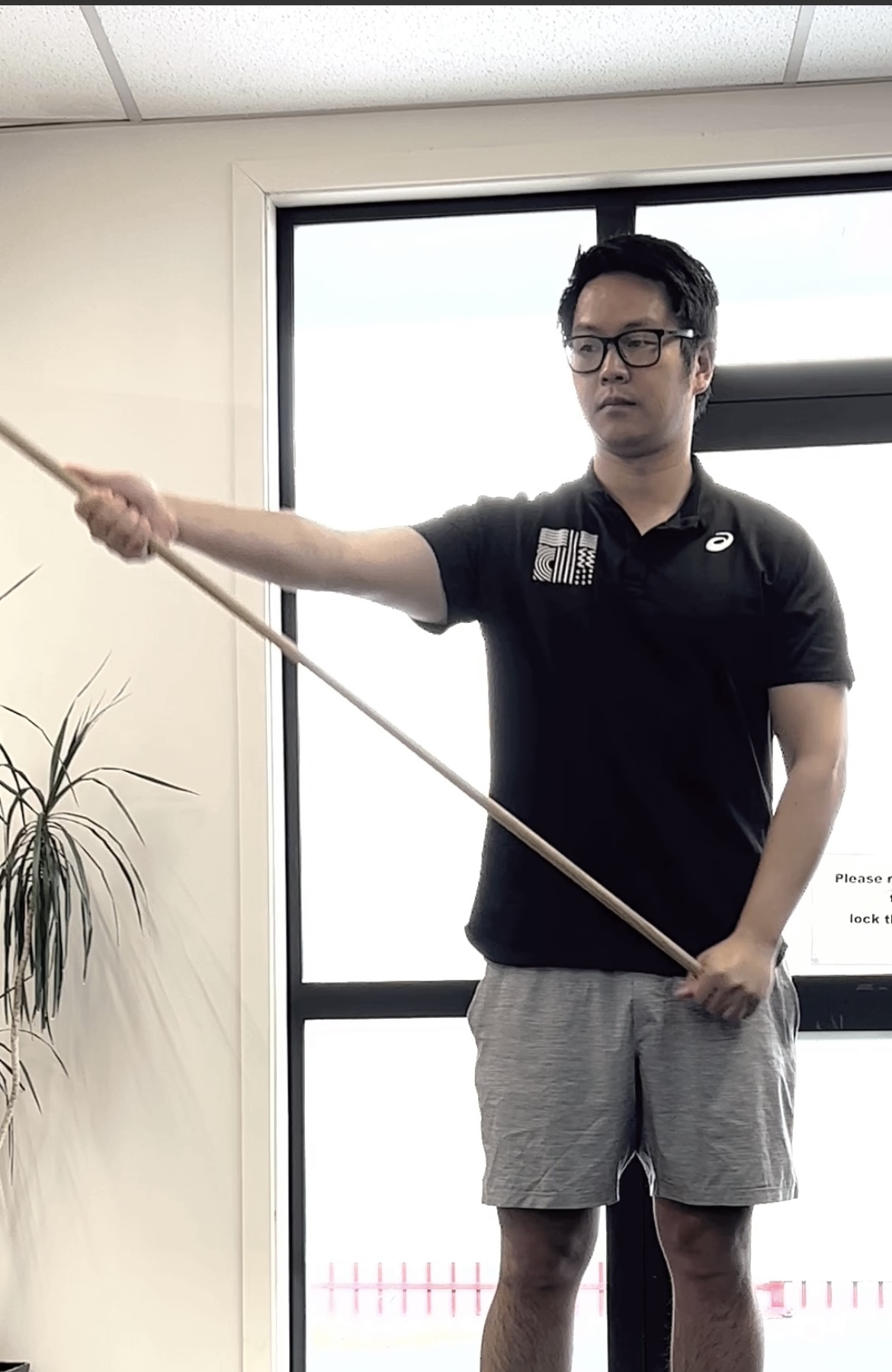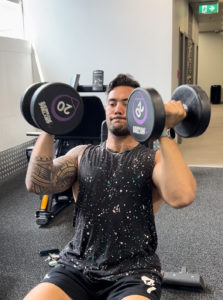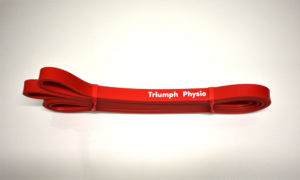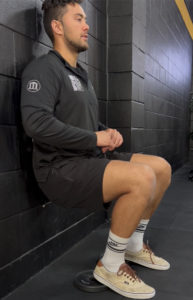Overview
Frozen Shoulder (Adhesive Capsulitis) is a common cause of shoulder pain and disability. Frozen shoulder gradually develops to a painful, stiff joint with restricted movement. The exact cause for this condition is unknown, however it can happen when you suddenly reduce your level of activity such as after an injury, a serious illness or surgery.
The process of frozen shoulder is inflammation of connective tissue within the joint capsule causing it to thicken, reducing flexibility and result in pain. The condition typically develops and resolves within between 6 months to 2 years, during this time muscles may become weaker due to atrophy.
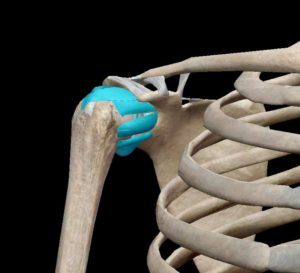
Signs and Symptoms of Frozen shoulder
The condition is marked by the severity of stiffness of shoulder movements (actively and passively) especially in external rotation (rotation outwards). Sleep disturbance due to pain is common among patients with frozen shoulder. There are 3 stages to frozen shoulder
- Freezing stage. Increase in severity of symptoms. The shoulder starts to lose its range of motion. Pain also increases, especially during sudden movements
- Frozen stage. Shoulder becomes significantly stiff in any movement. Pain may begin to subside during this time
- Thawing stage. Range of motion begins to improve.
Physiotherapy Treatment
The aim of physiotherapy for frozen shoulder is to control the pain and preserve range of motion and strength of the shoulder. Research has shown joint mobilisation and gentle exercise is the most effective treatment. Exercises such as pendullar swings, finger wall climbs and active assisted movements with ropes/pulley/bar. Joint mobilisation, gliding of the shoulder joint backwards can help with external rotation. Trigger point release of rotator cuffs (specifically subscapularis) and latissimus dorsi can also be helpful to reduce pain and increase range.
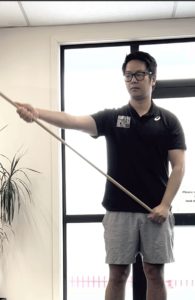
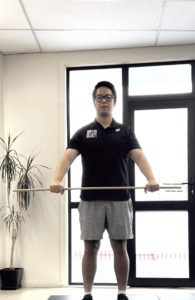
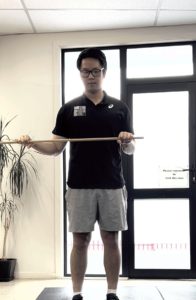
Other Treatments
- Steroid injection
- Shoulder manipulation under anesthesia
- Surgery
References
Page et al. (2014). Manual therapy and exercise for adhesive capsulitis.
Page P. & Labbe. (2010). Adhesive capsulitis: use the evidence to integrate your interventions.
For appointments
Triumph Physio operates in Mount Wellington, Newmarket & Epsom, Auckland. We have qualified Physiotherapist registered under ACC that can help with your Frozen Shoulder. For more info call us on 09 526 1448 or book online by clicking on the button below
